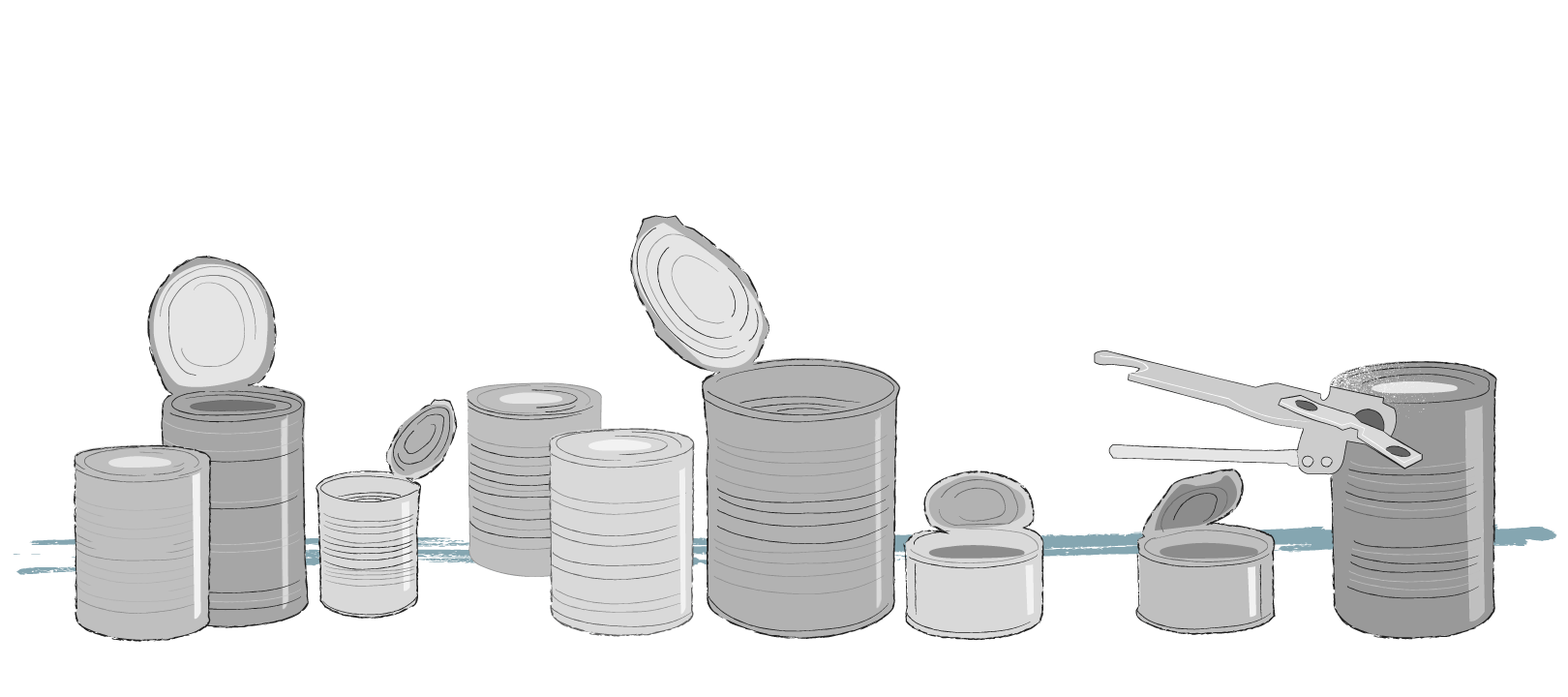In most Ontario cases, legal action must begin within two years of the day on which the claim was discovered. If it is not, the claim is barred by section 4 of Ontario’s Limitations Act, 2002. The Supreme Court of Canada has recently chimed in on what it means for a claim to be discovered.
Limitation periods are a constant concern for all litigators. The concept of a limitation period is straightforward, but defining exactly when a limitation period starts is much trickier. A case’s discovery date can alter the course of litigation, making it a high-stakes disagreement between parties in a dispute. In Grant Thornton LLP v New Brunswick, the Supreme Court of Canada ruled that the government waited too long to try to recover its loss after guaranteeing a risky bank loan, which, in effect, meant a fifty-million-dollar delay. The court clarified that the limitation period begins once the plaintiff has enough relevant facts to “plausibly infer” the defendant’s liability.
As the court noted, New Brunswick’s limitation statute already sets out what these facts must be: first, that the injury, loss or damage occurred; second, that the injury, loss or damage was caused by an act or omission; and third, that the defendant was responsible for the act or omission.
To some extent, this ruling can help guide Ontario litigators regarding discovery dates, though it’s a little more complicated in Ontario. In addition to New Brunswick’s three stipulations, Ontario’s Limitations Act, 2002 has a fourth: for a claim to be discovered, the law requires a plaintiff to realize that a legal proceeding would be an appropriate way to try and remedy the damage or loss. So in Ontario, for a limitation period to begin, the plaintiff must be aware not only of the damage done and who did it, but also that suing that person or party might repair the problem.
The difficulty with this fourth component is it toes the line between relevant facts and legal knowledge—or, at least, that is sometimes the interpretation. Particularly in professional malpractice claims, when discoverability is an issue, plaintiffs occasionally argue they did not and could not have discovered the claim sooner, because they could not have known it was appropriate to bring a lawsuit until advised as such by a legal professional. However, this interpretation of the fourth component is misplaced. The Supreme Court of Canada, as well Ontario’s Superior Court and Court of Appeal, have all rejected the argument that a plaintiff’s discovery is delayed by their lack of legal know-how. In 2020, the Ontario Court of Appeal explained that not legal expertise but “reasonable diligence” will lead to the discovery of a claim.
The big question for Ontario, then, is how our courts will apply the “plausible inference” test, accounting for the fourth component of discoverability in our limitations statute. The courts have ruled you shouldn’t need legal advice in order to discover your claim, but it will be interesting to see what the courts will deem sufficient for plaintiffs to “plausibly infer” that a legal proceeding is appropriate.
Cases: Grant Thornton LLP v New Brunswick, 2021 SCC 31; Beniuk v Leamington (Municipality), 2020 ONCA 237; Boyce v Toronto Police Services Board, 2011 ONSC 53.
the Ontario Court of Appeal explained that not legal expertise but ‘reasonable diligence’ will lead to the discovery of a claim


